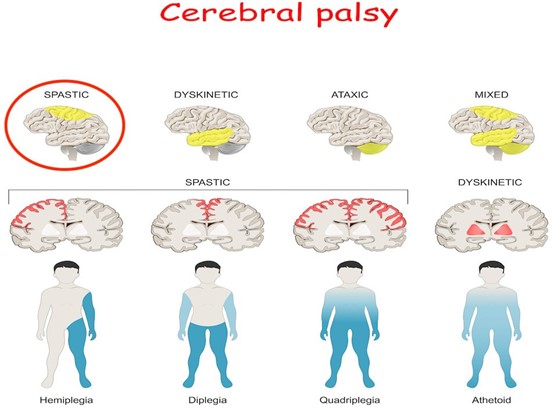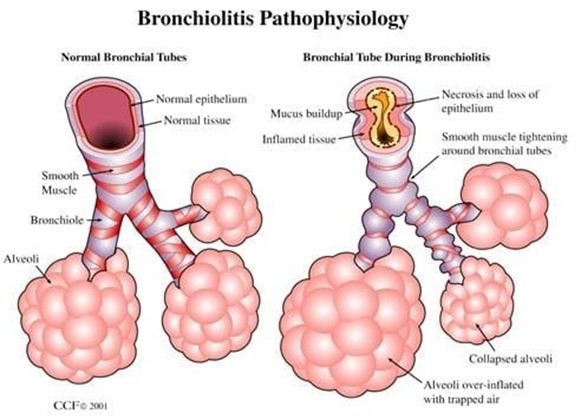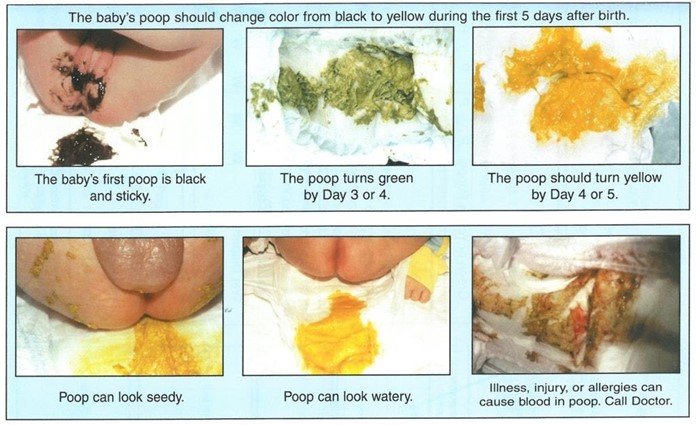A child with cerebral palsy (CP) is taking baclofen, a relaxant. Which assessment finding indicates to the practical nurse (PN) that the drug is effective?
Increased appetite.
Sufficient urinary output.
Fewer temper outbursts.
Decreased muscular spasticity.
The Correct Answer is A
Baclofen is a muscle relaxant that can help relieve muscle spasms and manage conditions such as cerebral palsy¹. An assessment finding that indicates the drug is effective for a child with cerebral palsy would be decreased muscular spasticity. This means that the child's muscles are less stiff and rigid, which can improve their mobility and overall quality of life.
The other choices are incorrect because they are not directly related to the therapeutic effects of baclofen. Baclofen is a muscle relaxant that is used to relieve muscle spasms and stiffness. While it may have other effects on the body, its primary therapeutic effect is to decrease muscular spasticity.
- Increased appetite is not a known effect of baclofen.
- Sufficient urinary output is important for overall health, but it is not directly related to the effectiveness of baclofen.
- Fewer temper outbursts may be an indirect result of decreased muscular spasticity and improved mobility, but it is not a direct effect of baclofen.

Nursing Test Bank
Naxlex Comprehensive Predictor Exams
Related Questions
Correct Answer is A
Explanation
Flaring of the nares, or widening of the nostrils, is a sign of respiratory distress in infants. It indicates that the child is working harder to breathe. This finding should alert the practical nurse (PN) that the child with bronchiolitis is in acute respiratory distress.
A resting respiratory rate of 35 breaths/minute (B) is within the normal range for a 3-month-old infant. Bilateral bronchial breath sounds (C) and diaphragmatic respirations (D) are not specific signs of acute respiratory distress in infants.

Correct Answer is C
Explanation
Passage of meconium stool is a normal and expected event in the first 24-48 hours of life. The absence of meconium stool can be indicative of bowel obstruction or other underlying medical conditions, and requires further investigation and evaluation by the healthcare team. The other options are important pieces of information, but they do not carry the same level of urgency as the absence of meconium stool.

Whether you are a student looking to ace your exams or a practicing nurse seeking to enhance your expertise , our nursing education contents will empower you with the confidence and competence to make a difference in the lives of patients and become a respected leader in the healthcare field.
Visit Naxlex, invest in your future and unlock endless possibilities with our unparalleled nursing education contents today
Report Wrong Answer on the Current Question
Do you disagree with the answer? If yes, what is your expected answer? Explain.
Kindly be descriptive with the issue you are facing.
